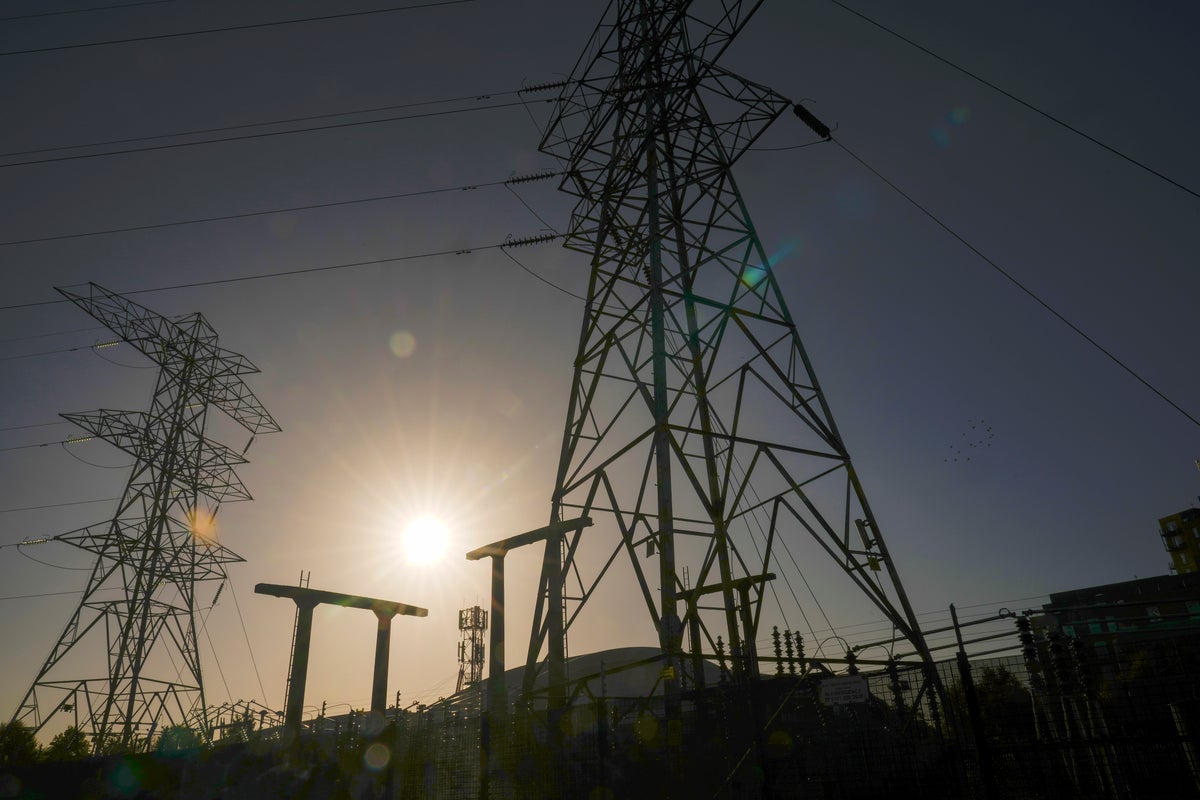
The BBC has prepared scripts that will be read out on air if an energy shortage causes blackouts this winter, according to reports.
These scripts, seen by the Guardian, will reassure the public if a “major loss of power” causes important and possibly vital services to cut out, such as internet access, mobile phone networks and traffic lights.
People will be advised to head to cars and turn on the radio or use battery-powered receivers to listen to emergency broadcasts.
This only applies to England, Scotland and Wales as Northern Ireland shares its electricity grid with the Republic of Ireland.
One script reported by the newspaper plans for what to do in the event of a blackout lasting for two days, which would put emergency services like hospitals and the police under “extreme pressure”.
According to The Guardian, one snippet from a script reads: “The government has said it’s hoped power will be restored in the next 36 to 48 hours. Different parts of Britain will start to receive intermittent supplies before then.”
Another states: “The emergency services are under extreme pressure. People are being advised not to contact them unless absolutely necessary.”
It is believed these scripts were written by journalists at the BBC as part of contingency planning of hypothetical scenarios.
The BBC has a formal role in helping to spread information around the country during a national emergency under the government’s civil contingency planning.
Its governance framework states: “If it appears to any UK government minister that an emergency has arisen, that minister may request that the BBC broadcast or otherwise distribute any announcement or other programme.”
It comes after the National Grid issued a rare warning for the winter ahead that energy is in short supply and so blackouts are a possibility.
The National Grid’s chief executive John Pettigrew this week said rolling blackouts could be a consideration between 4pm and 7pm on “really, really cold” days in January and February if the wind speeds aren’t quick enough to power the turbines.
Should a national blackout occur, the UK has an emergency broadcasting centre called the EBC at an unknown location that the BBC could run a radio service on.
According to the script, it would run a reduced service, with news updates every 30 minutes on Radio 4’s FM and long-wave frequencies and then a “music service” on Radio’s FM.
An emergency coordination centre has been set up in Wales while Nicola Sturgeon is chair of the devolved government’s emergency planning meeting.
Countries across Europe have been left unable to rely on Russia for their gas as the colder months approach and, despite rationing, analysts said further cuts from Moscow could leave the continent short of supplies.
Mr Pettigrew said the National Grid had not changed its “base case” there would be sufficient gas and power to meet demand in Britain this winter. But he added: “In the context of the terrible things that are going on in Ukraine and the consequences of that [it was] right that we set out what some of the potential risks could be.”
Britain does not rely on Russia for gas but normally draws on European supplies to keep its power stations running in the coldest months.
Mr Pettigrew said January and February are the months when blackouts are most likely, particularly in a cold snap.
He said the situation could be even worse if wind speeds happen to be low, cutting the effectiveness of power turbines while energy imports were restricted.
The Independent has contacted the BBC and the Department for Business, Energy and Industrial Strategy (BEIS) for comment.







